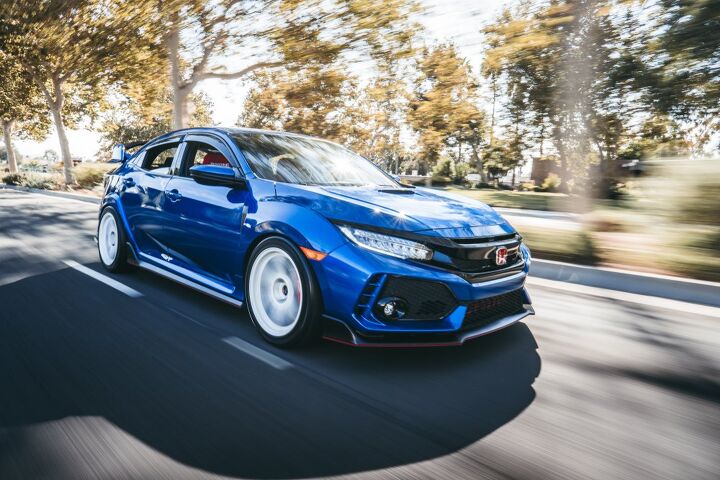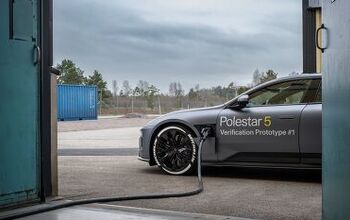Consumer Reports: Most Reliable Car Brands of the Year - Find Out Who Ranks Highest
The automotive industry offers a range of options for consumers seeking reliable vehicles. A recent study by Consumer Reports provides a detailed look into the reliability of various car brands, helping buyers make informed decisions.
Leading Brands in Reliability
- Lexus (Score: 79)
- Toyota (Score: 76)
- Mini (Score: 71)
- Acura (Score: 70)
- Honda (Score: 70)
Rounding out the top 10 are Subaru, Mazda, Porsche, BMW, and Kia. These scores reflect a trend towards higher reliability across these manufacturers.
How Reliability is Scored
The methodology behind these scores involves comprehensive surveys of Consumer Reports members, covering over 330,000 vehicles from the years 2000 to 2023, including some early 2024 models. The survey assesses 20 different trouble areas, varying from minor issues to major system faults. The final score, out of 100, is a combination of problem severity, track testing, owner satisfaction, and safety data.
Focus on Electric and Hybrid Vehicles
The study pays special attention to electric and hybrid vehicles, including new criteria specific to these types of vehicles. These criteria assess electric motors, hybrid batteries, and charging systems. Hybrids show 26% fewer problems than traditional vehicles, but plug-in hybrids and electric vehicles often score lower in reliability.
Reliability by Region
Asian car manufacturers lead in reliability with an average score of 63, followed by European brands at 46 and domestic brands at 39. Cars, including sedans, hatchbacks, and wagons, are noted as the most reliable vehicle type.
Highlights of Specific Models
In model-specific observations, Lexus's NX model scores average in predicted reliability, with the rest of its lineup above average. Toyota's 4Runner SUV is noted for its high reliability, while the Tundra is marked for lower reliability. Acura's RDX and TLX models receive praise for their above-average reliability.
This article was co-written using AI and was then heavily edited and optimized by our editorial team.
More by TTAC Staff
Latest Car Reviews
Read moreLatest Product Reviews
Read moreRecent Comments
- Tassos Obsolete relic is NOT a used car.It might have attracted some buyers in ITS DAY, 1985, 40 years ago, but NOT today, unless you are a damned fool.
- Stan Reither Jr. Part throttle efficiency was mentioned earlier in a postThis type of reciprocating engine opens the door to achieve(slightly) variable stroke which would provide variable mechanical compression ratio adjustments for high vacuum (light load) or boost(power) conditions IMO
- Joe65688619 Keep in mind some of these suppliers are not just supplying parts, but assembled components (easy example is transmissions). But there are far more, and the more they are electronically connected and integrated with rest of the platform the more complex to design, engineer, and manufacture. Most contract manufacturers don't make a lot of money in the design and engineering space because their customers to that. Commodity components can be sourced anywhere, but there are only a handful of contract manufacturers (usually diversified companies that build all kinds of stuff for other brands) can engineer and build the more complex components, especially with electronics. Every single new car I've purchased in the last few years has had some sort of electronic component issue: Infinti (battery drain caused by software bug and poorly grounded wires), Acura (radio hiss, pops, burps, dash and infotainment screens occasionally throw errors and the ignition must be killed to reboot them, voice nav, whether using the car's system or CarPlay can't seem to make up its mind as to which speakers to use and how loud, even using the same app on the same trip - I almost jumped in my seat once), GMC drivetrain EMF causing a whine in the speakers that even when "off" that phased with engine RPM), Nissan (didn't have issues until 120K miles, but occassionally blew fuses for interior components - likely not a manufacturing defect other than a short developed somewhere, but on a high-mileage car that was mechanically sound was too expensive to fix (a lot of trial and error and tracing connections = labor costs). What I suspect will happen is that only the largest commodity suppliers that can really leverage their supply chain will remain, and for the more complex components (think bumper assemblies or the electronics for them supporting all kinds of sensors) will likley consolidate to a handful of manufacturers who may eventually specialize in what they produce. This is part of the reason why seemingly minor crashes cost so much - an auto brand does nst have the parts on hand to replace an integrated sensor , nor the expertice as they never built them, but bought them). And their suppliers, in attempt to cut costs, build them in way that is cheap to manufacture (not necessarily poorly bulit) but difficult to replace without swapping entire assemblies or units).I've love to see an article on repair costs and how those are impacting insurance rates. You almost need gap insurance now because of how quickly cars depreciate yet remain expensive to fix (orders more to originally build, in some cases). No way I would buy a CyberTruck - don't want one, but if I did, this would stop me. And it's not just EVs.
- Joe65688619 I agree there should be more sedans, but recognize the trend. There's still a market for performance oriented-drivers. IMHO a low budget sedan will always be outsold by a low budget SUV. But a sports sedan, or a well executed mid-level sedan (the Accord and Camry) work. Smaller market for large sedans except I think for an older population. What I'm hoping to see is some consolidation across brands - the TLX for example is not selling well, but if it was offered only in the up-level configurations it would not be competing with it's Honda sibling. I know that makes the market smaller and niche, but that was the original purpose of the "luxury" brands - badge-engineering an existing platform at a relatively lower cost than a different car and sell it with a higher margin for buyers willing and able to pay for them. Also creates some "brand cachet." But smart buyers know that simple badging and slightly better interiors are usually not worth the cost. Put the innovative tech in the higher-end brands first, differentiate they drivetrain so it's "better" (the RDX sells well for Acura, same motor and tranmission, added turbo which makes a notable difference compared to the CRV). The sedan in many Western European countries is the "family car" as opposed to micro and compact crossovers (which still sell big, but can usually seat no more than a compact sedan).
- Jonathan IMO the hatchback sedans like the Audi A5 Sportback, the Kia Stinger, and the already gone Buick Sportback are the answer to SUVs. The A5 and the AWD version of the Stinger being the better overall option IMO. I drive the A5, and love the depth and size of the trunk space as well as the low lift over. I've yet to find anything I need to carry that I can't, although I admit I don't carry things like drywall, building materials, etc. However, add in the fun to drive handling characteristics, there's almost no SUV that compares.


































Comments
Join the conversation